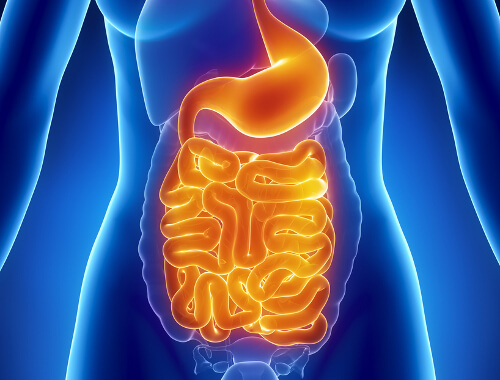How Diabetes Affects The Digestive System

Diabetes is currently one of the most common health conditions. This illness arises when the body is not capable of producing insulin, something that usually helps regulate the amount of sugar in the blood. Diabetes varies in type and severity, but regardless of these details, they all pose health risks. While it continues to be incurable, it is treatable. For this reason, we are about to explain in detail how diabetes affects the digestive system.
The functions of the digestive system
One of the most important systems in the human being is the digestive system. It is a network of organs that includes the mouth, the pharynx, and the stomach. The stomach transforms food into something that can be absorbed by other parts of the body, mainly cells so that it can function. The complete digestive cycle is comprised of transportation, secretion, absorption, and excretion in order for the body to function properly.
This process supplies all of the nutrients our bodies need through this process. It also allows us to clean or dispose of those elements that our bodies no longer need.
We recommend you read:
How diabetes affects the digestive system

As we already know, digestion is an automatic process. This means that our body does not require a conscious stimulus to work and digest food. Thus the digestive system operates on its own, thanks to the nervous system. Diabetes creates issues with the nervous system that prevent proper functioning of the digestive system.
When the blood has an increased amount of glucose, certain problems affect the digestive system, such as diarrhea, constipation, and an upset stomach. Also, if our digestive system fails, the nutrients from food are not properly absorbed into our body.
We recommend you read:
Attention! Prohibited Foods If You Have Irritable Bowels
Ironically, many people who suffer from diabetes also suffer from obesity. This is due to high amounts of sugar in the blood, which means that cells don’t function as they should. Diabetics also tend to have circulation problems and issues with the immune system. This makes diabetics more inclined to illnesses, creating some serious health issues.
As a result, diabetics need to follow a strict health regimen and. In some cases, they take certain medications to help with digestive functions. If not, they will suffer damage due to an inability to get all the necessary nutrients from the food they eat. One interesting solution is natural probiotics that help our digestive system operate better.
Diabetics should seek advice from a specialist and also take special care when it comes to the medicines they take since some can cause serious stomach problems.
Finally, it is very important to make sure that one’s blood-sugar level is where it needs to be.
This text is provided for informational purposes only and does not replace consultation with a professional. If in doubt, consult your specialist.








